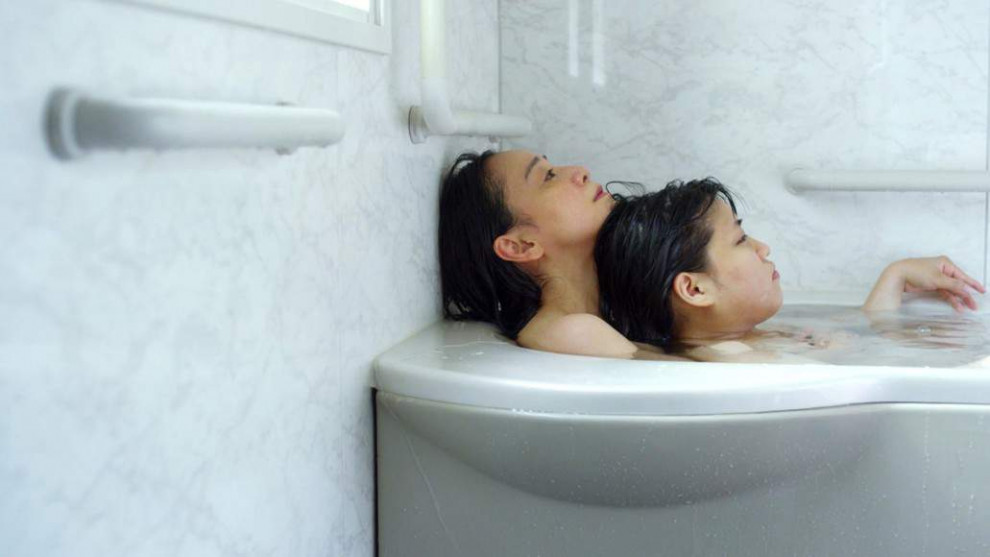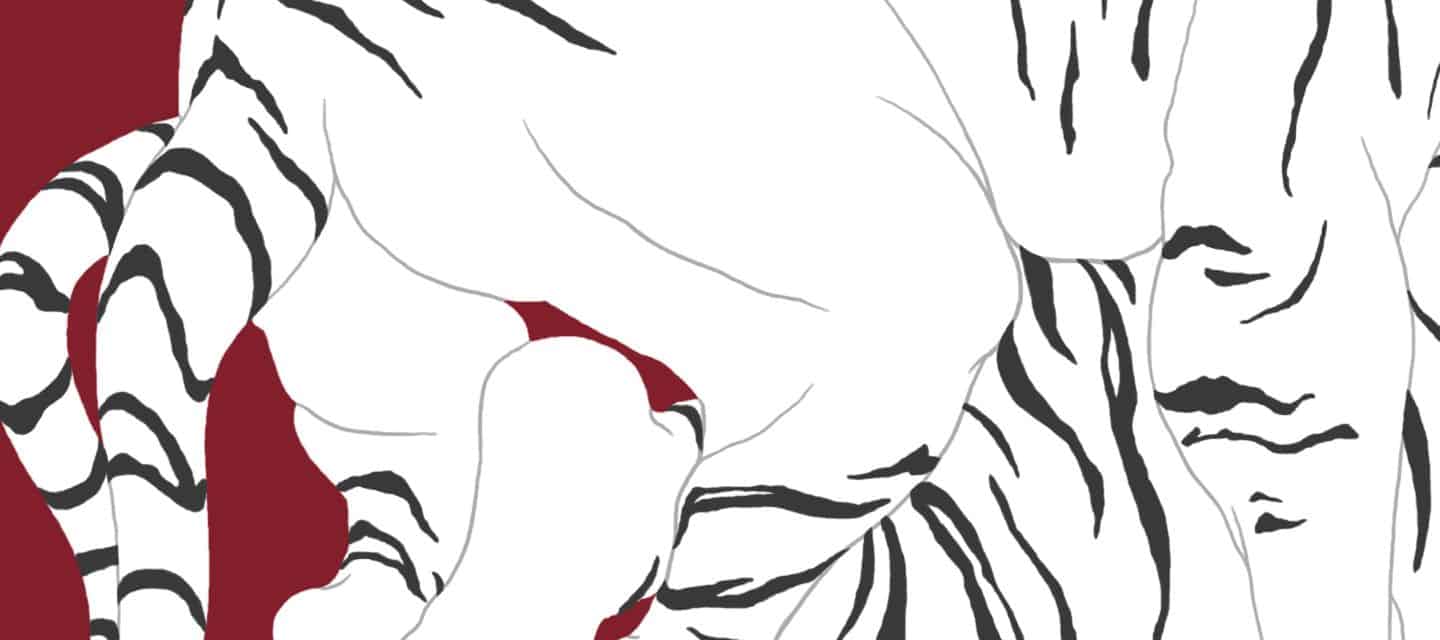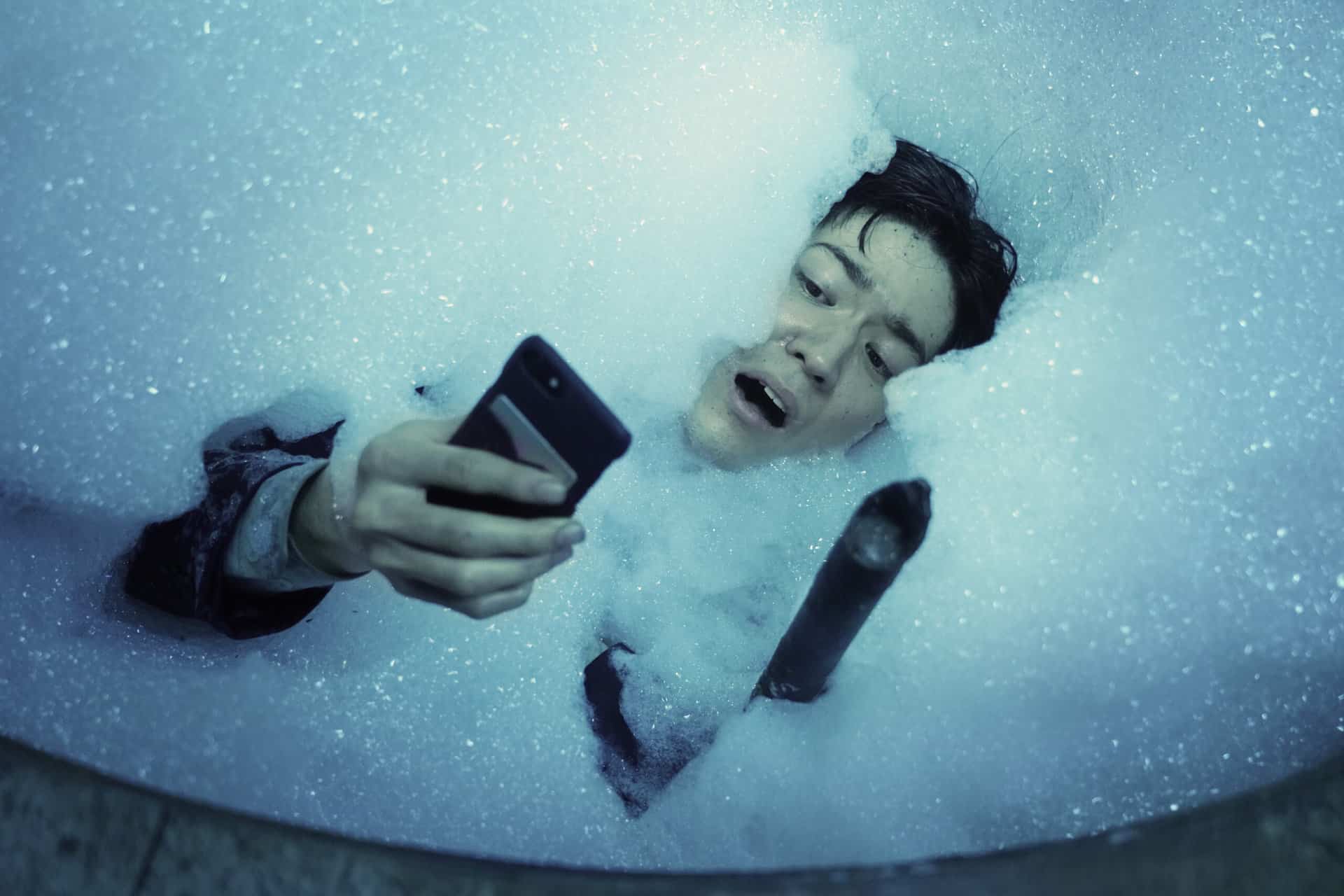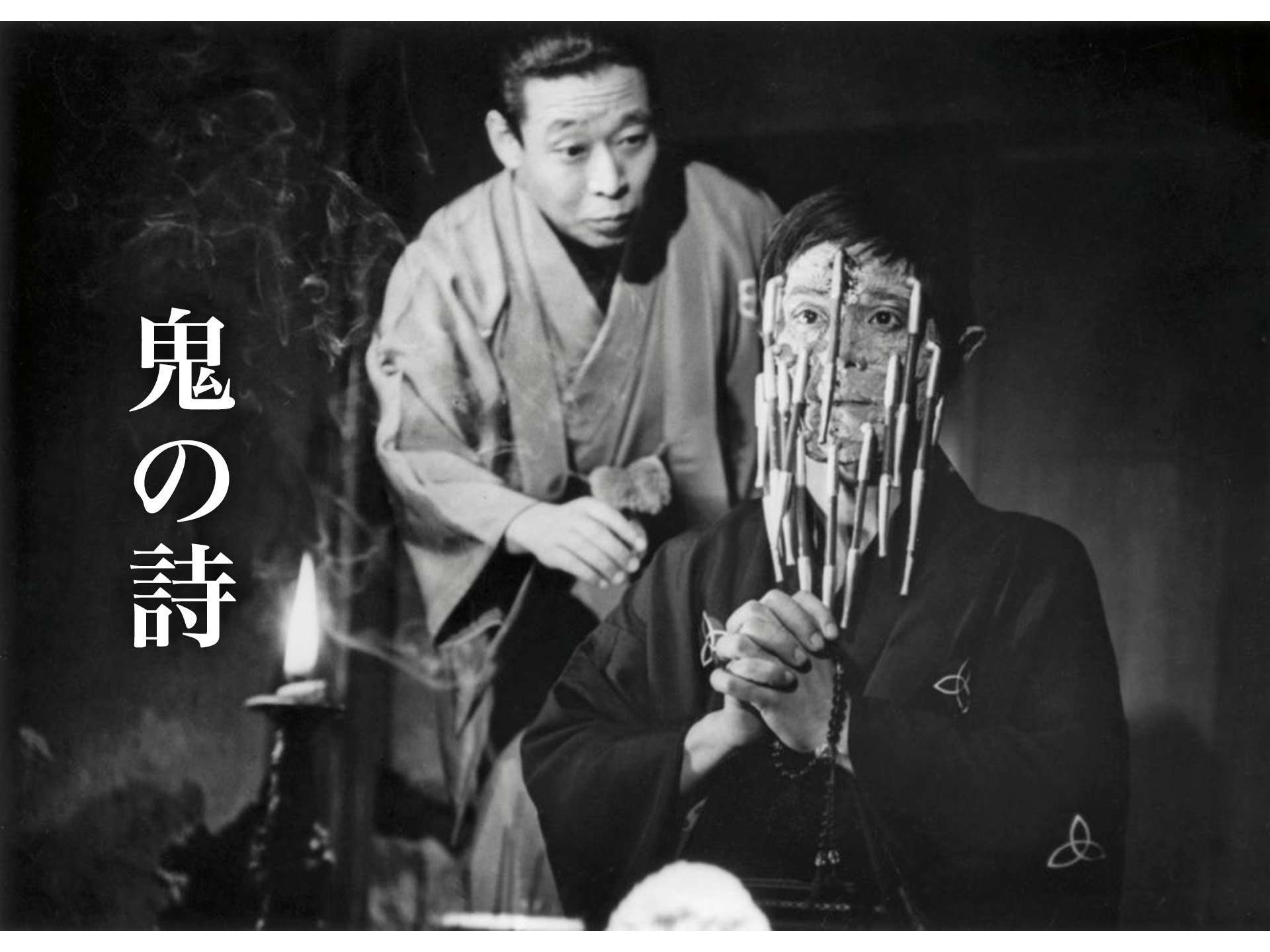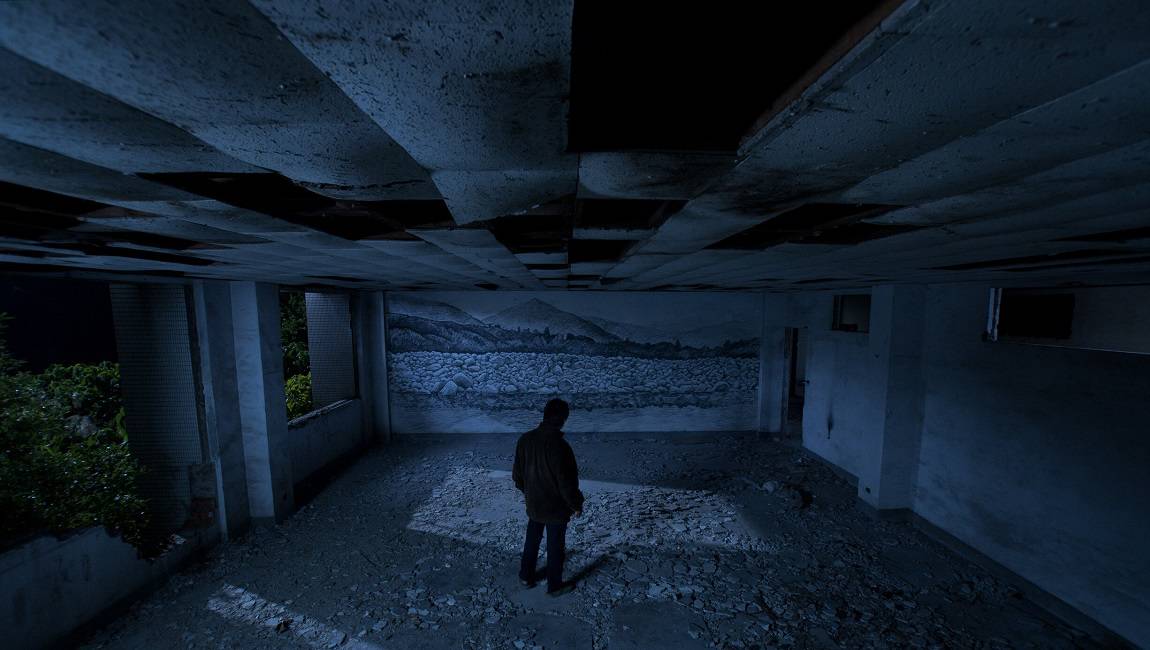Who doesn't feel like an alien in this world sometimes? Yuma Tanaka is 23 years old and wants to become a professional manga artist. She lives with her mom and is having a hard time to find somebody to love.
Sounds like a normal coming-of-age plotline to you? But wait, here comes the twist. Yuma has Cerebral Palsy and is sitting in a wheelchair. The debut film of Japanese director HIKARI features the unusual story of a special girl who has to deal with the everyday hurdles, plus a little more.
Yuma takes part in the hustle and bustle of Tokyo and is portrayed as a person with cultural interest and empathy. In doing so, the camera levels with her perspective, using shots often from an Ozu-like ground position.
“37 Seconds” portrays Yuma's struggle to break free from her overprotective mother and trying to establish herself as a Manga-ka. In the first half of the movie, she isn't very successful. Not before she meets Kuma, who is also disabled, and his wife Mai. They rescue Yuma from her isolation, bringing joy back into her life. This results in a unique presentation of easiness within this special community and the director acknowledge them as a part of society. The group forms a safe haven apart from everyday rejection.
At this point, the narration takes a little turn, revolving more about Yuma's backstory by throwing in the “missing father” plotline. HIKARI relocates her protagonists to Thailand, introducing a new family member and hints to Yuma's sexual awakening. This is somewhat unexpected and unfitting. “37 Seconds” is on the edge of wanting it all and achieving nothing.
The portrayal of Yuma's ambitions career, her coming of age conflicts and the search of her father are a bit too many topics to squeeze in the nearly two-hour long movie. Here, the script is too ambitious and should have focussed maybe only on one storyline. Nevertheless, in the end, things come full circle and the film is able to link the various aspect of narration well together.
Mei Kayama as Yuma is the star of this film. Her acting is natural and exhibits a shy character with a strong inner demand to find the right place in this world. She gives authenticity and truth to her role. The audience can relate to her situation, evoking compassion and ultimately equality. “37 Seconds” has a disabled main protagonist, but makes no difference between her problems and the problems of non-disabled persons. Yuma's application is rejected because she never had a sexual relationship. Like a lot of young Japanese, she gains her experience and imagination from porn. Japanese as a nowadays so-called “sexless” society is therefore handicapped, too.
“Hana and the lusts of time” is the title of Yuma's fictional erotic manga. In her mind, and also on the screen, the images become alive. These sequences remind of other manga-ka movies like “Bakuman” (2015), mixing real-life action with drawings. “37 Seconds” scores with its unique main protagonist. Her dreams, hopes, and desires let us realize that we are all human beings.
HIKARI creates a crowdpleaser containing lively camerawork and with a skosh of social criticism. Looking at early attempts like Kazuo Hara's “Goodbye CP” to facilitate people with Cerebral Palsy, “37 Seconds” is rather more accessible for a broad audience. The modern-day drama picks up on contemporary issues and manages to deliver a positive message at last. If one door closes, another door opens.


